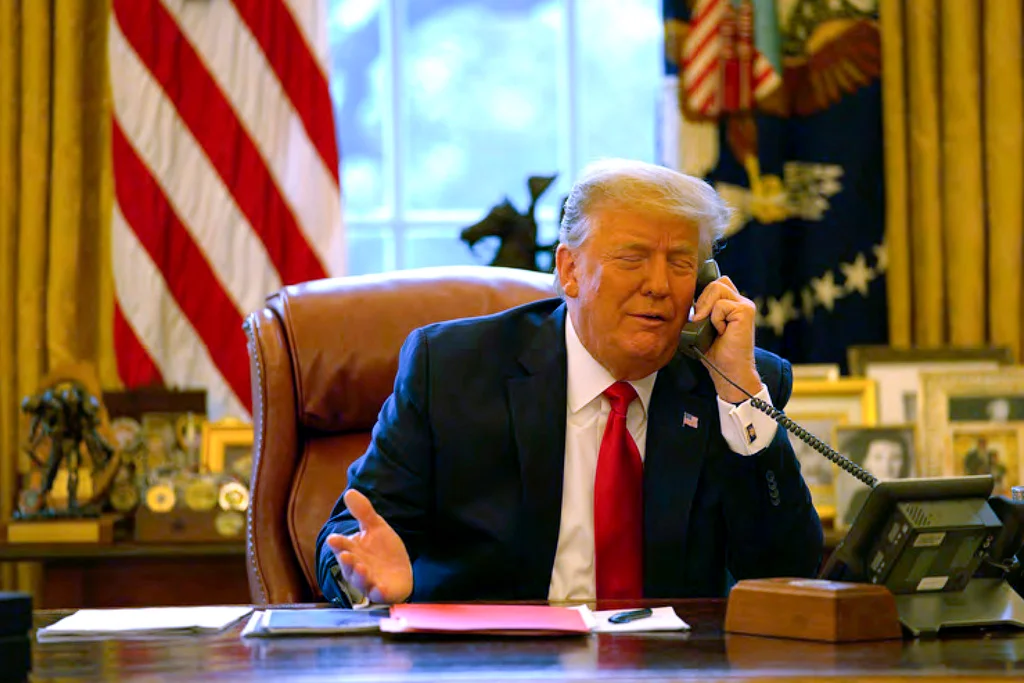Donald J. Trump is facing 34 felony charges in his trial in Manhattan, but none of the charges are related to other forms of misconduct that prosecutors say he might have engaged in.
Former President Trump has been indicted on 34 counts of falsifying business records in the first degree. These charges are linked to allegations that he tried to cover up a $130,000 hush-money payment to a porn star, Stormy Daniels, to prevent her from publicizing her claim of a sexual encounter with him.
Why are these charges considered felonies? Here’s a simple explanation.
A felony is a more serious crime than a misdemeanor, and being convicted of a felony could result in a prison sentence of at least one year. In New York State, falsifying business records can be charged as a misdemeanor. However, if prosecutors believe that the falsification was intended to hide another crime, they can elevate it to a felony charge. Manhattan District Attorney Alvin L. Bragg has indicated that Mr. Trump may have been attempting to hide three potential crimes, but he hasn’t formally charged him with any of those. Prosecutors don’t have to prove that the underlying crimes occurred—only that the business records were falsified with the intention of committing or concealing another crime.
What do the business records show?
The $130,000 payment was made by Mr. Trump’s fixer, Michael D. Cohen, during the final days of the 2016 campaign. Mr. Cohen has stated that he made the payment at Mr. Trump’s direction.
“Hush money” payments are not necessarily illegal. However, Mr. Trump reimbursed Mr. Cohen while he was president. The records at Trump’s company listed the repayment to Mr. Cohen as legal expenses, under the pretense of a retainer agreement. Prosecutors assert that there were no actual legal expenses or a retainer agreement involved.
The 34 counts of falsifying business records are related to this reimbursement: 11 counts for the checks issued to Mr. Cohen, 11 for the monthly invoices Mr. Cohen submitted to Trump’s company, and 12 for entries in Trump’s trust’s general ledger.
What crimes do prosecutors think Trump was trying to hide?
Since the case was filed last year, prosecutors have suggested three possible crimes: a federal campaign finance violation, tax fraud, and a state election-law violation. However, during the trial, they have primarily focused on the state election-law violation, which relates to conspiracy to promote or prevent an election. Prosecutors claim that the falsified records were part of a larger scheme to protect Trump’s 2016 campaign. They allege that Trump and Cohen worked with David Pecker, the former publisher of The National Enquirer, to suppress stories that could damage Trump’s campaign while promoting stories that could harm his political opponents.
David Pecker has testified about how the tabloid bought the story of a Playboy model, Karen McDougal, who claimed she had an affair with Trump. He also described how he refused to buy Ms. Daniels’s story and suggested that Mr. Cohen should purchase it instead.















































